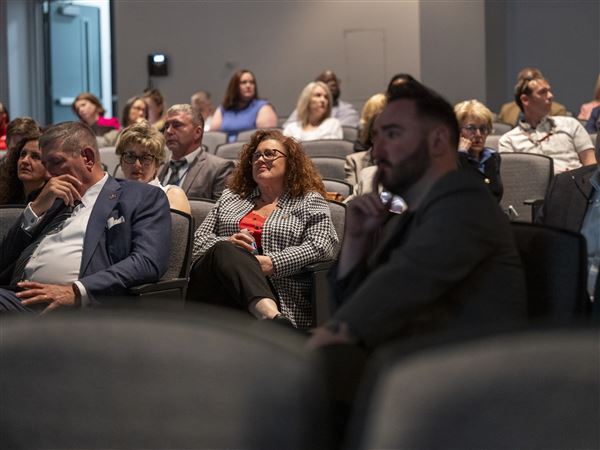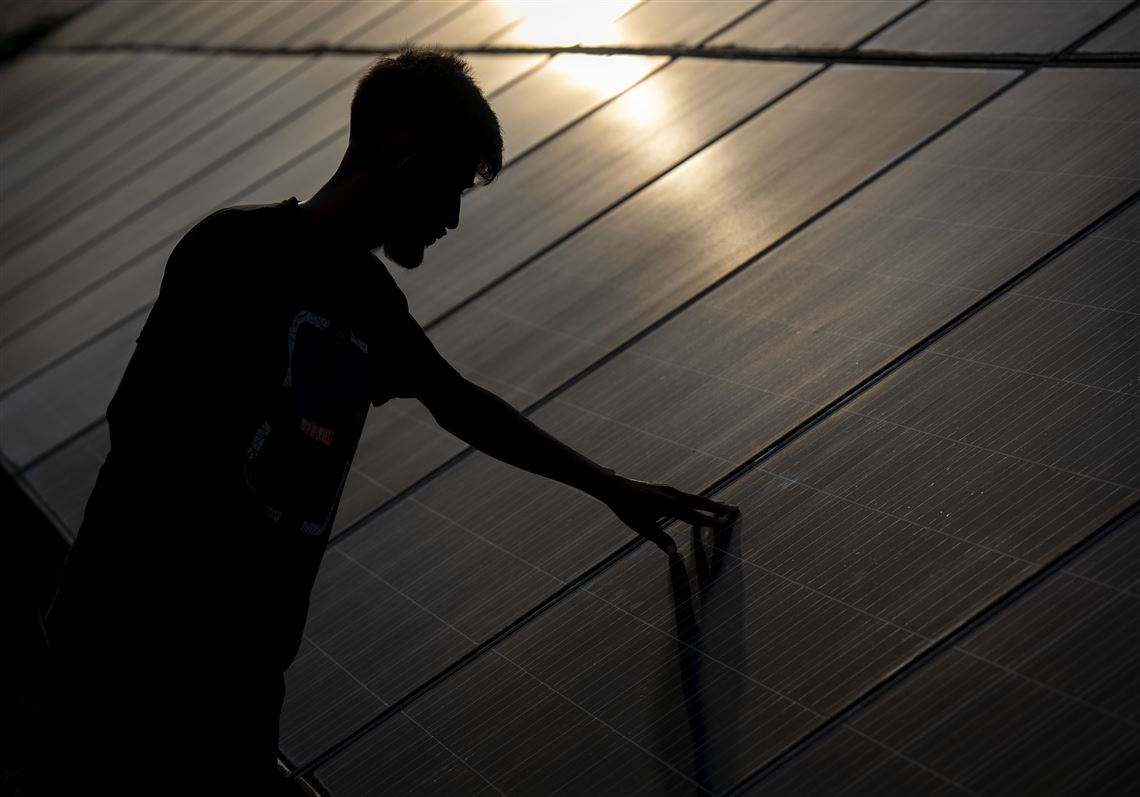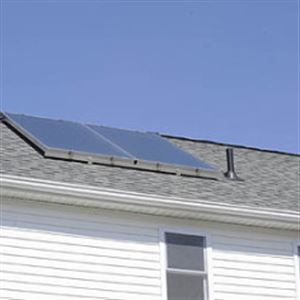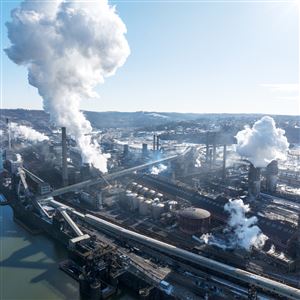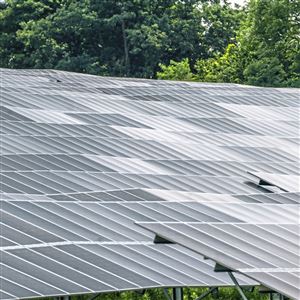Earlier this week, the Pennsylvania Energy Development Authority launched a new program for local governments to fund energy efficiency and energy system upgrades at their buildings.
Dubbed MORE — for the Municipal Opportunities for Retrofits and Energy Efficiency program — the new initiative will give grants and loans to applicants to put towards projects like retrofits, energy system upgrades, and renewable energy installations that accompany energy efficiency measures.
Upgrading municipal infrastructure to be more energy efficient is one of the biggest levers local governments have to advance their climate and sustainability goals, for those that have them, and to pursue energy savings.
At the same time, the upfront cost of these investments can be a difficult commitment for cash-strapped municipalities.
Erika Strassburger, a Pittsburgh City Council member representing the 8th district, laid out the municipal dilemma at a recent discussion hosted by the online publication Axios at the Carnegie Science Center.
“When we have the decision to make between renovating our city hall and making it 100% efficient and zero carbon or cleaning up 10 landslides, it’s a hard tradeoff,” she said.
Pittsburgh has a goal to reach 100% renewable electricity for powering all of its buildings.
“We’re on the path, but it’s slow,” she said. “Because we have to balance that with all the things that cost money to buffer against the worst effects of climate change.”
Help for energy efficiency projects in W. Pa.
The Pennsylvania Energy Development Authority has launched a new program to help municipalities finance energy efficiency projects such as energy audits, building upgrades and renewable energy installations. The state has designated several dozen municipalities as priority communities, which get first dibs on the money. The municipalities in southwestern Pa. include:
The MORE program exists under the umbrella of the Pennsylvania Energy Development Authority’s Energy Accelerator Program, which the state calls its green bank.
The authority has been helping to finance energy improvement projects for years, but has ramped up its scope with the arrival of two major pieces of federal legislation — the Infrastructure Investment and Jobs Act of 2021 and the Inflation Reduction Act of 2022 — that are flowing unprecedented amounts of money into sustainable infrastructure and the energy transition.
The money that will fund the MORE program comes from the $6.4 million that Pennsylvania received through formula grants from the federal government, including $3 million from the Energy Efficiency Community Block Grants that were made available to states, counties, and large municipalities.
The City of Pittsburgh, for example, is eligible to receive $337,960 from the federal government through the block grants program. The only other southwestern Pennsylvania municipalities that are eligible for that money are Penn Hills and Hempfield.
The MORE program was created for all the others that didn’t get that formula allocation.
That means nearly all local governments in the region can vie for the $1.8 million in MORE grants, which will be awarded on a first come, first served basis. But there is a priority list of 101 communities in the state, with about half located in southwestern Pennsylvania. The list was based on the federal definition of disadvantaged communities. The state has set aside $1 million of the funds for those priority communities.
“Ideally, we want municipal government who would not typically borrow funds for energy-related upgrades,” is how the program developers explained its focus during a board meeting of the Pennsylvania Energy Development Authority in February.
Earlier this year, the state’s green bank launched a similar program for individual homeowners to finance energy efficiency projects.
It is also planning to offer a program for solar energy installations in disadvantaged communities and a solar for school districts financial program.
According to a Department of Environmental Protection description of the program, municipalities can apply for grants of up to $50,000 to put towards energy audits, project design, and to help with developing a loan application or buying down the interest rate on a loan.
Loans, which would start at $5,000, can be used to finance retrofits, energy efficiency upgrades and renewable energy generation.
The application period opened on June 3 and runs through October 25, but the priority window closes on August 30.
“MORE Program participants are strongly encouraged to apply for the MORE Grant first, as it is intended to reduce the hurdles of securing financing for energy efficiency projects,” the DEP release said.
The state will host an information webinar on the program on June 25.
Anya Litvak: alitvak@post-gazette.com
First Published: June 12, 2024, 6:45 p.m.
Updated: June 13, 2024, 2:00 a.m.

